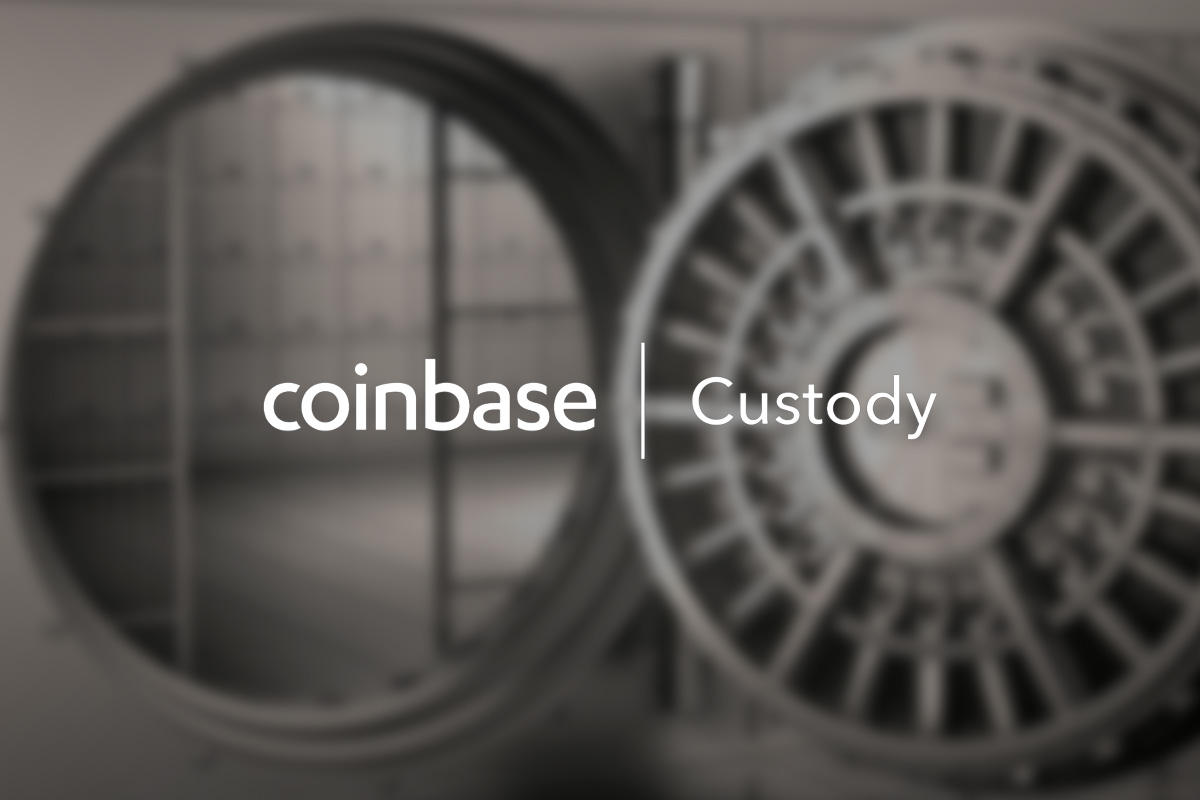Maldives to Launch $9B Crypto Hub to Attract Global Investment
Government officials aim to draw foreign investment to the Maldives, broaden the country's income sources, and ease its debt burden.

Despite enduring a bear market, Coinbase has enjoyed a bumper 2018 – filled to the brim with new product announcements such as a venture capital fund, index fund, and new listing options. Now, the company has unveiled Coinbase Custody – a new platform geared to provide secure digital asset storage for institutional investors.
Coinbase Custody is designed to provide financial controls for institutions and companies seeking to trade digital currencies such as Bitcoin and Ethereum. Arriving after the emergence of numerous hedge funds that target the digital currency space, the offering is designed to provide institutions with tailored custodial offerings.
Principally, Coinbase Custody intends to provide institutions with a safe and secure means to store digital assets such as cryptocurrencies – with access to audit trails, withdrawal limits, and support for multiple signers.
The platform provides phone support for institutions seeking to confirm fund transfers and other account changes, and is geared to support ‘all major digital assets’ – presently defined as the same assets Coinbase lists on its consumer-facing custodial service, being Bitcoin, Ethereum, Litecoin, and other ERC20 tokens.
Up until now, Coinbase’s most significant forays have been aimed at traditional consumers and early-stage venture capital. With Coinbase Custody, the platform has financial institutions and hedge funds squarely in its sights.
If you’re wondering just how institutional, Coinbase Custody requires a minimum balance of $10 million USD, and charges a setup fee of $100,000 USD in addition to a 10 basis points fee that is charged monthly.
The bottom line? The offering is significant for the fact that it opens a secure doorway for institutional investors and hedge funds to enter and operate in the cryptocurrency space. While multi-signature wallets and even hardware wallets might appeal to stringent investors, the new platform is designed to provide a secure and stable service for corporates, large-scale businesses, and other financial players to carve out their own cryptocurrency offerings and securely store their own portfolio.
In short, a gateway for large-scale businesses to enter and compete in cryptocurrency markets is now open, and solo investors and small firms may not hog the stage for much longer.
As company CEO Brian Armstrong outlines, “Over 100 hedge funds have been created in the past year exclusively to trade digital currency. An even greater number of traditional institutional investors are starting to look at trading digital assets (including family offices, sovereign wealth funds, traditional hedge funds, and more). By some estimates there is $10B of institutional money waiting on the sidelines to invest in digital currency today.”
At present, however, the platform is only open to firms in the United States and Europe, and has teased a planned expansion into Asian markets in the latter term of 2018.
The platform will most likely align with Coinbase’s listing decisions, and presently supports Bitcoin, Ethereum, Bitcoin Cash, and Litecoin. Whether it will add support for Ethereum Classic and other ERC20-based tokens remains unconfirmed for now.
Government officials aim to draw foreign investment to the Maldives, broaden the country's income sources, and ease its debt burden.
Binance has partnered with Kyrgyzstan to introduce crypto payment solutions and implement blockchain education initiatives nationwide.
The North Carolina House approved a bill, 71-44, permitting the state treasurer to invest public funds in select, authorised...
AUSTRAC, has announced a crackdown on inactive registered cryptocurrency exchanges to eliminate potential scams.